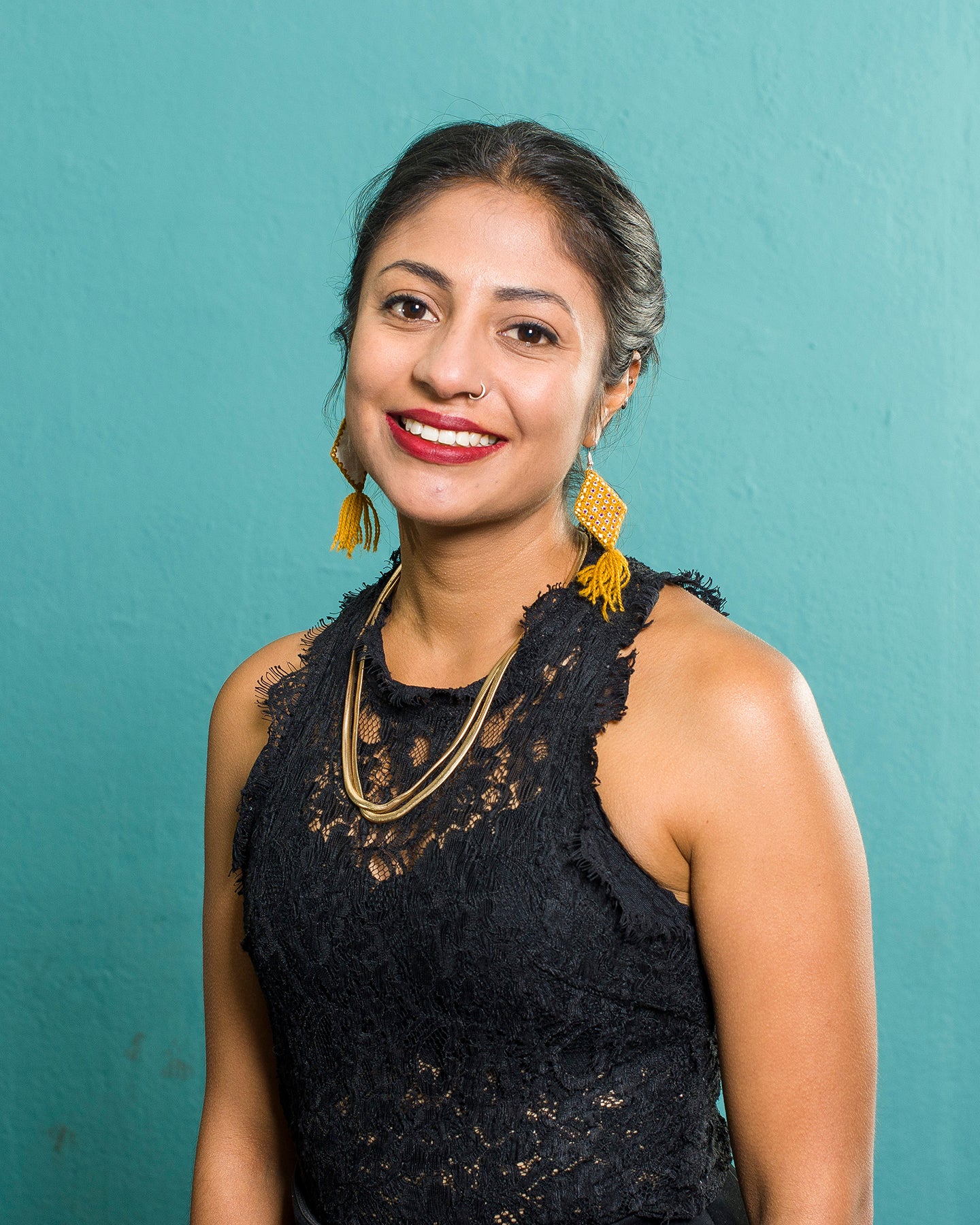KINGSTON, R.I. – Oct. 28, 2019 – Despite having one of the strongest economies in Latin America, Guatemala faces high levels of poverty and malnutrition, especially among the country’s Indigenous population. In the Quetzaltenango region, which has a high percentage of Indigenous people, 70 percent of children suffer from malnutrition.
As medical director of the 32 Volcanes Health Program, Dr. Carmen-Rosa Alvarado Benitez provides programs helping to create solutions for the health inequalities faced by the Indigenous people of Quetzaltenango, the province in Guatemala’s western highlands where she grew up. Through her work, she has made significant progress to reverse the level of severe stunting in children through nutrition programs and monitoring. Benitez has also spoken widely to international audiences to spotlight the historic and social causes of the disparities in health care she has witnessed in Guatemala.
Benitez will bring that message to the University of Rhode Island when she visits the campus Nov. 4-8 as part of the University’s Distinguished Visiting International Scholars Program. On Wednesday, Nov. 6, Benitez will give a free public lecture, “Colonialism: Disparities in the Americas and Sustainable Solutions for the Future,” at 5:30 p.m. in Room 100 of the Beaupre Center for Chemical and Forensic Sciences, 140 Flagg Road, on the Kingston Campus.
Benitez’s talk will explore the historical, political and social causes of the inequality faced by Guatemala’s Indigenous population, along with effective solutions and how the audience can bring about lasting change. Benitez’s message has a wider reach, says Kelly Matson, clinical professor in the College of Pharmacy, who is hosting Benitez’s visit along with Pharmacy Professor Margaret Charpentier, and Brietta M. Oaks, an assistant professor of nutrition in the College of Health Sciences.
“Based upon what has happened in Guatemala through colonialism, Indigenous people have faced issues with food insecurity and lack of access to medical care. Dr. Benitez is going to address that history and how she and others are really trying to help that situation,” said Matson. “I think her understanding of what is happening there could apply to other countries that have gone through the same colonialism.”
Along with nutrition programs, Benitez has developed a holistic approach by incorporating education, music therapy and empowerment in the care she provides. She has also broadened her outreach to include community programs on wider food issues, such as providing cooking classes for patients with diabetes.
“The programs are really focused on education issues, such as how, with food insecurities, can they use what they have to provide a better diet, and how that impacts health,” said Matson. “That is what I think she brings to the table for us. There are health disparities in our country. Are there things that she has accomplished that we could use to find solutions?”
Benitez is co-founder of 32 Volcanes, which provides health and education programs in the western highlands of Guatemala, and she has served as medical director of the region’s Timmy Global Health program, working with medical brigades quarterly to expand the reach of health services. For her work, Benitez has been honored by the Guatemalan government. Benitez earned her undergraduate degree in family medicine and postgraduate degree in genetics and molecular engineering from Universidad San Carlos de Guatemala. She received the prestigious Chevening Scholarship from the British Embassy, and earned her master of science degree in child public health from Swansea University in the United Kingdom
During her visit to URI, Benitez will lecture in a half-dozen pharmacy and nutrition classes; sharing her experiences in community medicine, immunization, inequality, malnutrition and food insecurity, and the prevention and control of infectious disease.
The URI Distinguished Visiting International Scholars program aims to demonstrate the University’s commitment to research and scholarship, strengthen emphasis on global learning and discovery, build international collaborations and enhance the visibility of URI around the globe. The program is sponsored by URI’s Office of the Provost. For more information or to RSVP for the public lecture, visit the University events page.

